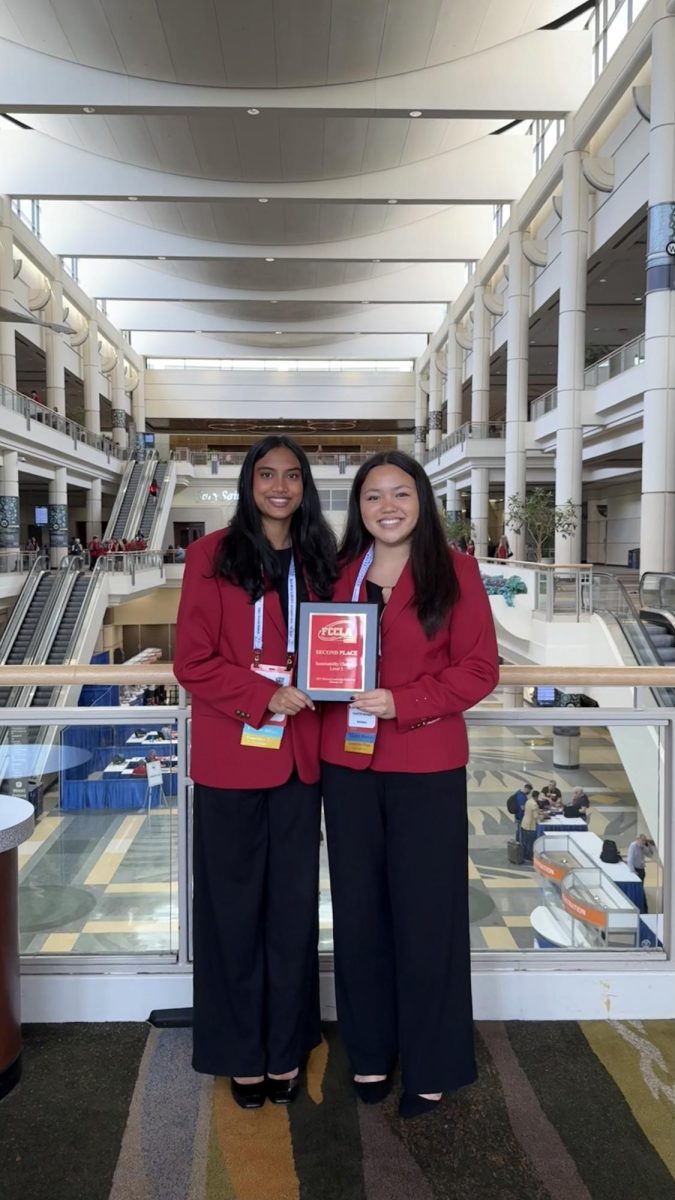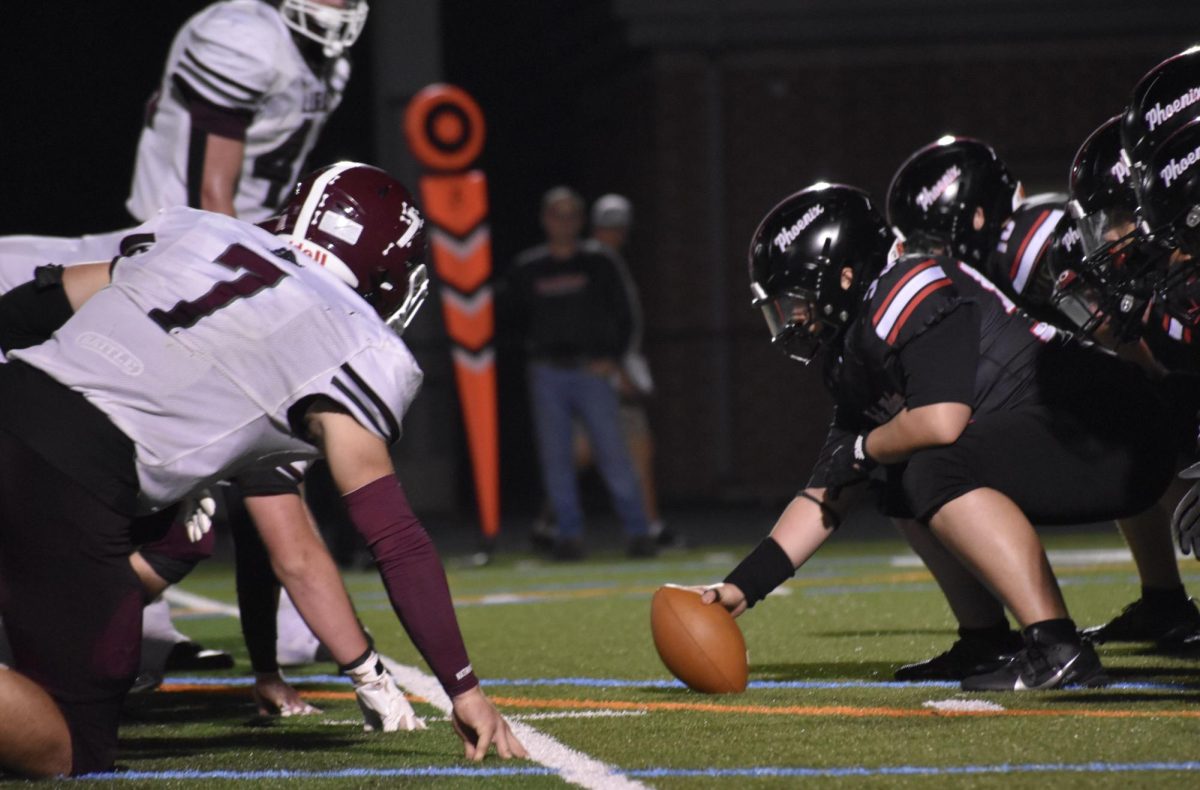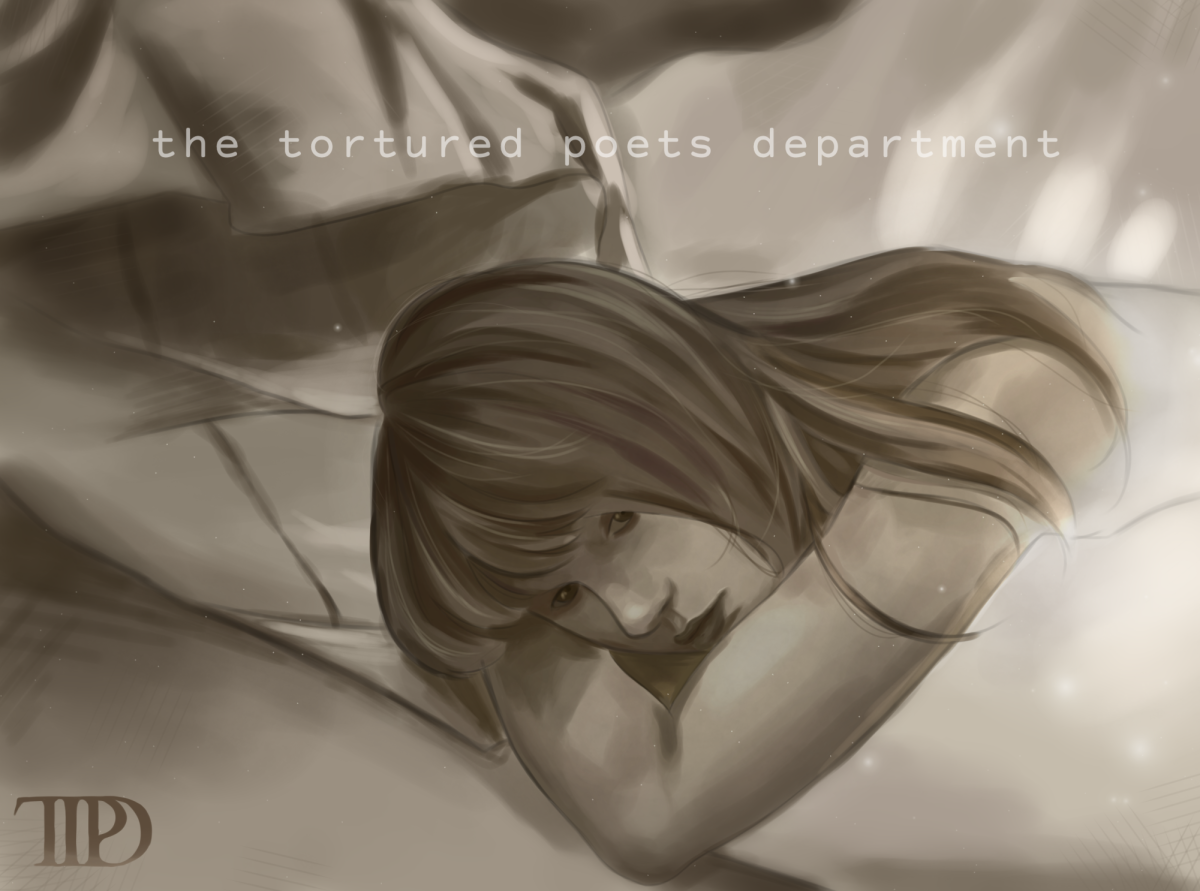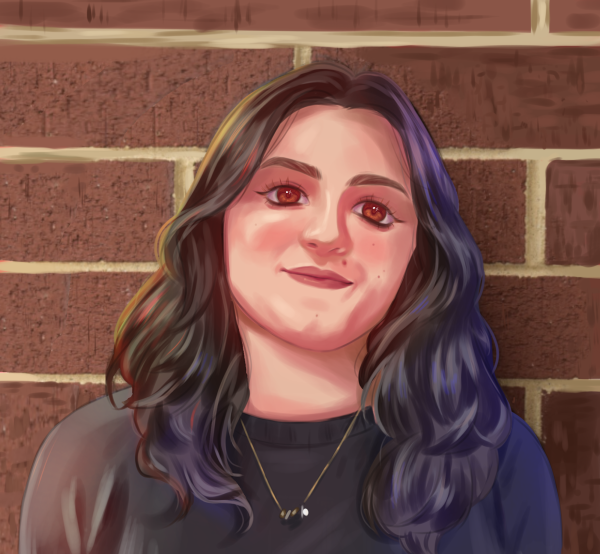Lives were changed. Tears were shed. For a fleeting second, the Swiftie world stopped turning.
On April 19, Taylor Swift released her long-awaited 11th studio album, “THE TORTURED POETS DEPARTMENT (TTPD)” and, in an unexpected turn of events, released another 15 songs at 2 a.m., titled “TTPD: The Anthology.” Arguably her most cohesive album, even with 31 songs, “TTPD” has hints of synth-pop and indie rock that weaves through the original 16 tracks and the anthology tracks. Swifties all around the world stayed up to revel in the excitement of a brand-new album.
“TTPD” was announced at the 2024 Grammy Awards on Feb. 4, similar to how Swift’s 2022 “Midnights” album was announced at the VMAs, and Swifties around the world were taken by surprise. It was speculated that she would be releasing or announcing the re-recording of her sixth album, “reputation,” after she misled the press with numerous red herrings throughout the entire day; namely, changing her website to go black and graying out her profile picture to keep fans on their toes. Immediately following the announcement, the pre-order for vinyls and CDs became available, and a bonus track called “The Manuscript” was included in those orders.
As the distance to April 19 dwindled and Swift’s “The Eras Tour” ramped back up for the new year, the famous pop singer used her surprise songs segment to announce three variants of the album that were named after four bonus songs: “The Bolter,” “The Albatross,” “The Black Dog,” and “The Manuscript.” The pop star has used variants in the past with “Midnights” and “1989 (Taylor’s Version),” and it seems like she’ll never stop.
At midnight, Swifties gathered with their headphones in their ears and tissues at the ready. Expecting a melancholy start to the album, Swift and track feature Post Malone had other plans in store for the members of the Tortured Poets Department. To commence the record, Malone and Swift paired their voices together in “Fortnight” to create a soothing melody offset by devastating lyrics. The song set the tone for a uniform album.
The title track, “The Tortured Poets Department,” set the scene for songs that followed by slowly changing the mood from a slower, somber tone to a more energized continuation of compositions. That is, until “So Long, London” rears its head and devastates listeners, but the upbeat sounds continue quickly the slow tempo of the song. Regardless of the composition of the songs, the themes of past relationships and heartbreak are present in many songs.
Swift is famous for her vulnerable and honest “track fives,” and given the break-up of Swift and actor Joe Alwyn, fans knew that “So Long, London” was going to be a tough one. Throughout the entire song, she discusses themes of marriage and even has church bells in the background of the song intro, but there’s also severe dissatisfaction with the way the relationship is going. She sings, “You swore that you loved me, but where were the clues / I died on the altar waiting for the proof,” which furthers speculation that Swift wanted marriage and Alwyn didn’t.
In “I Can Fix Him (No Really I Can),” fans see that Swift struggles with as much delusion as a teenage girl. The chorus says, “They shake their heads sayin’ ‘God help her’ / When I tell ‘em he’s my man,” and it’s eerily similar to how the media reacted when Swift was photographed holding hands with singer Matty Healy back in May 2023. Some fans even went so far as to throw away their “Speak Now (Taylor’s Version)” merchandise and started a hashtag on X campaigned as “#SPEAKUPNOW.” The fling only lasted about a month, and it’s clear that Swift did not fix him.
As the album progresses, it becomes increasingly clear how unwell Swift is. “Florida!!! (feat. Florence + The Machine)” explains how she deals with her issues by escaping; “Who’s Afraid Of Little Old Me?” touches on the resistance she’s faced in her career; “I Can Do It With A Broken Heart” grapples with still having to live life after a heartbreak; and “Clara Bow” criticizes the comparisons Swift and other female artists have experienced in the music industry. However, most, if not all, of the songs on this album point toward Swift being broken down by heartbreaks and struggling with mental health.
The anthology tracks follow the same patterns and themes as the first half of the album; however, fans have pointed out a few rather questionable lyrics. From “So High School,” the bridge “Truth, dare, spin bottles / You know how to ball, I know Aristotle / Brand new, full throttle / Touch me while your boys play Grand Theft Auto” has become a catalyst for negative backlash on her songwriting and lyricism, while the verse “My friends used to play a game / We would pick a decade / We wish we could live in instead of this / I’d say the 1830s but without all the racists” from “I Hate It Here” has only let that sentiment linger.
A hot topic for fans and the general public has been who the songs are about, and the consensus among Swifties is drawn to Alwyn or Healy, but as they are both British men who have seemed to screw her over, the songs could very well be about both of them. Swift even calls out billionaire Kim Kardashian in one of her songs in the anthology called “thanK you aIMee” in that certain spelling. Contrary to popular belief, whoever the songs are about is irrelevant when it comes to the quality of her music.
Per usual, with most of Swift’s albums, reviews have fallen on both sides of the aisle. Some critics say the album is “surprisingly flat and cringeworthy” while others say it’s “wildly ambitious and gloriously chaotic” and deemed an instant classic. While the critics’ opinion of the album saw both likes and dislikes, many argue that the album itself was fan-centered for them to get a sneak peek into Swift’s personal life.
Many people have come after Swift’s increase in sales through her variants. The different variants have been an intense form of capitalistic greed on Swift’s part. It feels like fans aren’t getting much bang for their buck after a pre-order comes out, and then the same album with a different-colored record comes out a week later. “TTPD” has the aforementioned bonus songs, but there’s also a Target edition with no extra songs and the only special thing about it is a different colored record. From a consumer’s standpoint, it’s wasteful. On a charting scale, each variant purchase counts towards the total sales for the album, regardless of whether one person is buying all five types, which automatically puts her on top of the sales charts. From a sustainability standpoint, it’s double, triple, or quadruple the amount that buying just one album would create. Five variants? The environment is crying. However, many fans still share their appreciation for them regardless.
The entire album is arguably her most vulnerable — it’s like reading pages out of her diary. With “Midnights,” she stated that she felt “very soft and fragile” by the release of such personal songs, and with “TTPD,” it’s likely increased tenfold. In her Instagram post regarding “TPPD: The Anthology,” she said that she had “written so much tortured poetry” in the past two years, and the album finally being out is a weight off her shoulders.
The vulnerability of the album brings a lot of resonance to those of similar age to her, but even those who aren’t. It brings a new light to who Swift is as an actual person rather than a celebrity, and that fosters a more positive and efficacious connection with Swift and her fans. Rather than seeing her as a name on a screen, this album did a remarkable job of humanizing her to the world.
“THE TORTURED POETS DEPARTMENT” is available on all streaming platforms.


























![The Phoenix varsity volleyball team lines up for the national anthem. “We were more communicative [with each other] during this game, and I feel like we kept our energy up, especially after the first set,” senior Jessica Valdov said.](https://theblazerrhs.com/wp-content/uploads/2024/10/DSC_0202-1200x800.jpg)










![Junior Alex Alkhal pitches the ball. “[I] just let it go and keep practicing so we can focus on our goal for the next game to get better as a team,” Alkhal said.](https://theblazerrhs.com/wp-content/uploads/2025/05/DSC_0013-1-1200x929.jpg)























